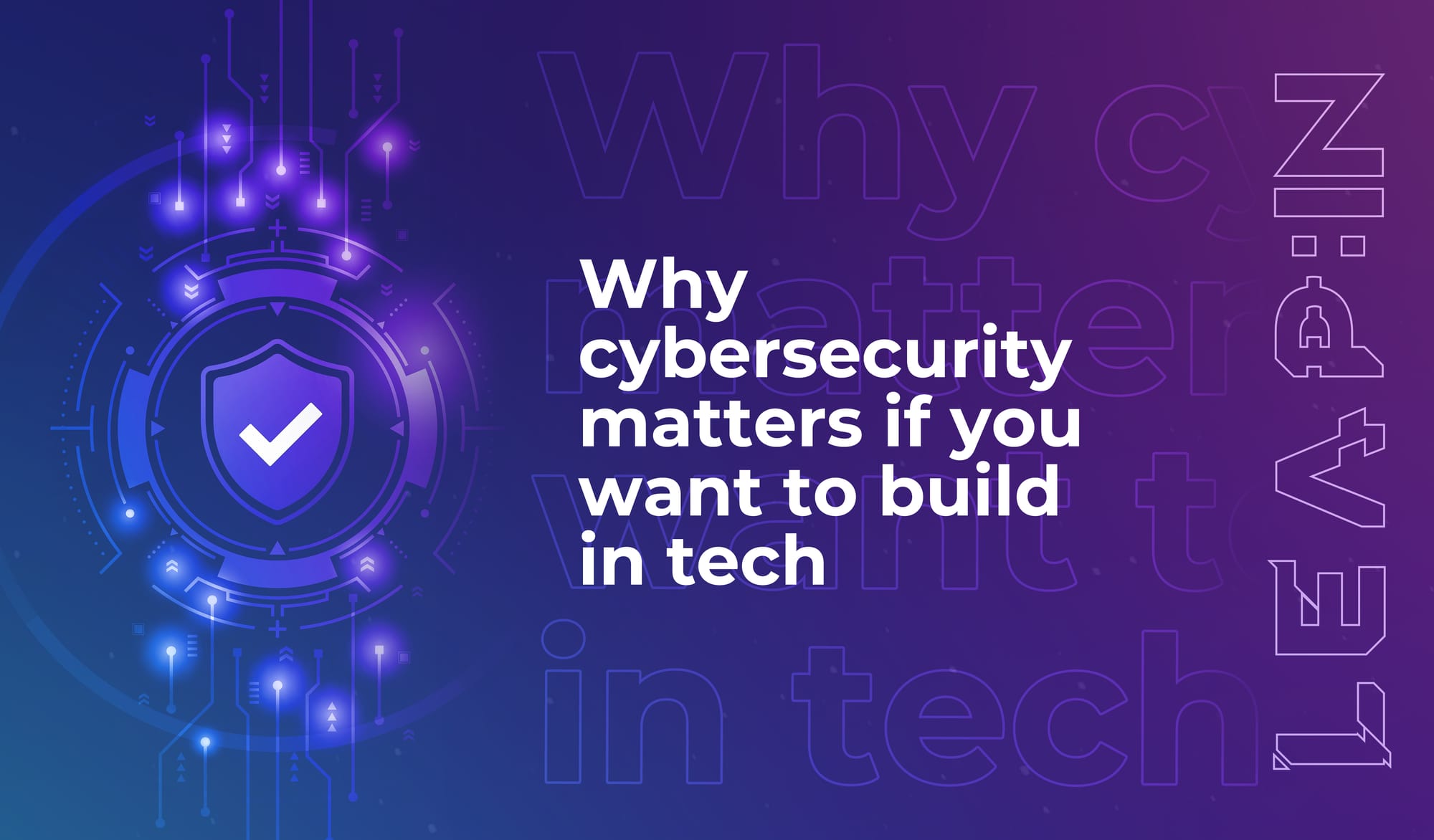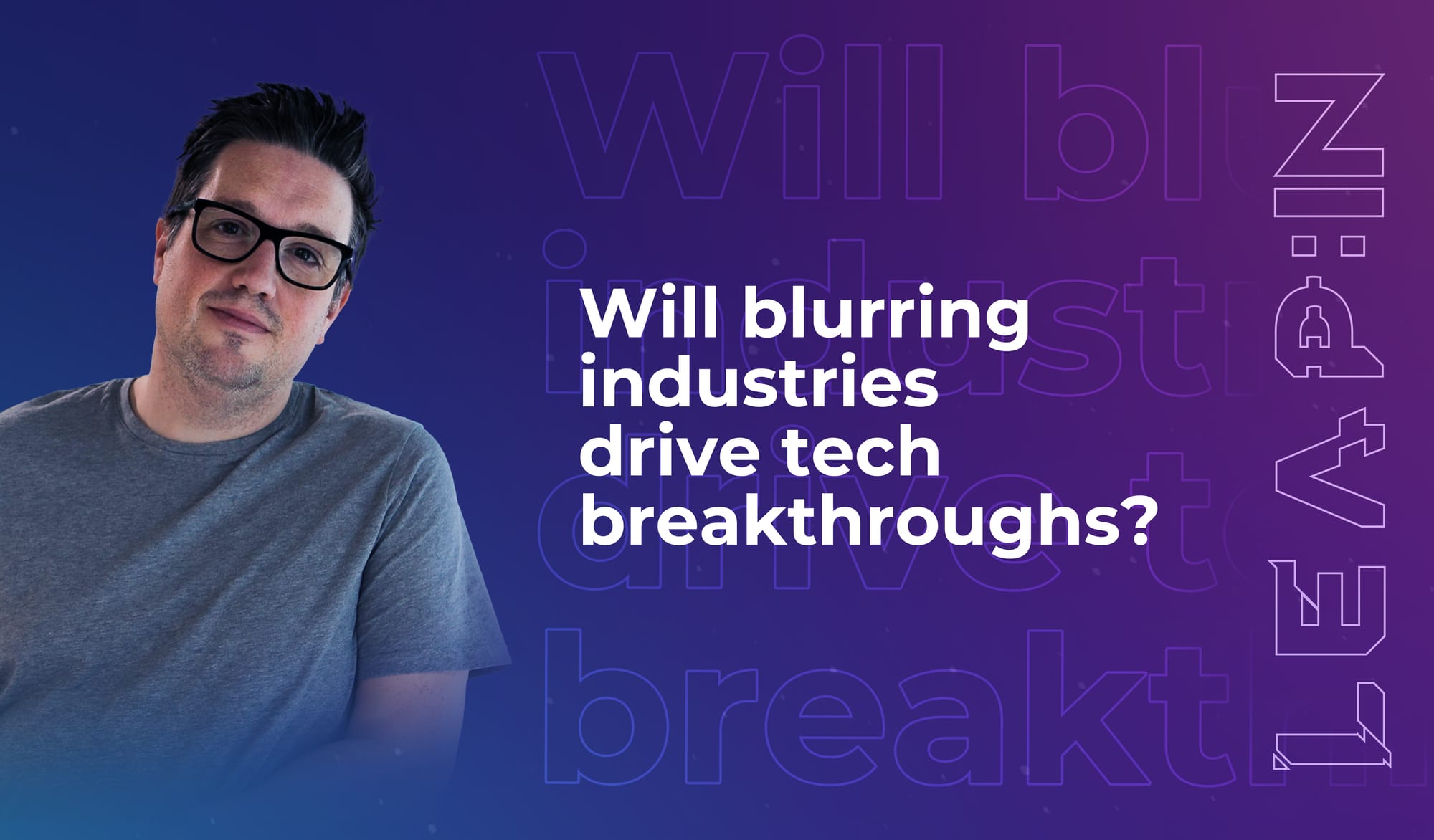
What do semiconductors and Saudi Arabia have in common?
Innovation emerges – but the groundwork was laid over time


Welcome to the 20 new techies who have joined us.
If you haven’t already, subscribe and join our community in receiving weekly tech insights, updates, and interviews with industry experts straight to your inbox.
Ideas to change your mind and reshape our world – in your inbox every week.
What Sebastiao said:
“Blockchain is the operating system of trust. By building trust into the system you put together, you can rely on the data that is being generated.”
Sebastiao was speaking about smart cities and blockchain at LEAP, but the idea of building trust into a tech system applies across the industry.
Have you ever stepped inside a mosque and looked up? The domes sometimes look like they’re floating, impossibly weightless. They’re not magic though; they’re maths and balance, with hidden architecture that does the lifting.
Tech works the same way. To the user, new tools feel magical (or at least, the really good ones do). But none of it holds up without invisible engineering. And cybersecurity is one of the most important (and most ignored) layers of that engineering.
You can’t always see it. But without it, everything collapses.
If you’re an early-career professional, a startup founder, or a developer building your first product – ask yourself: why would anyone use what you’ve built?
The answer comes down to whether or not they trust you.
They trust that your app won’t leak their data. They trust that their payment will go through. They trust that your software won’t break when they need it most.
But trust is fragile. And you have to keep earning it, over and over again. Malwarebytes’ 2025 research on mobile scams found that nearly half of users are confronted with scams every day; and most admit they can’t always tell what’s real.
Once someone gets burned by a scam, their trust in digital systems (all of them, not just yours) starts to erode. That means your success is tied not just to what you build, but to how safe people feel in digital spaces.
Lots of new founders worry that security will slow them down. They want to move fast, launch now, and add security later. But doing so is almost always a mistake; and if you do it right, security can drive sustainable and safe growth.
A 2025 global cybersecurity leadership insights study by EY found that when security is embedded early in a project, it adds a median of USD $36 million in value per initiative. That’s because secure systems waste less money on fixes, experience less downtime, and inspire more confidence in customers.
So we need to think of cybersecurity as part of any strong architecture. It lets you climb higher without collapsing.
Trust is both emotional and structural.
If you only focus on feelings, your product becomes hollow. But if you only focus on engineering, then you won’t win hearts. You need both if you want to succeed – trust that’s engineered into the system, but is also experienced clearly by the people using it.
Maybe you want to launch a startup, design UX, or climb the ladder in a tech giant. Whatever the goal, you need to think about trust like an architect thinks about balance.
If you want to build a product, a business, or a career that lasts, you need to think like the architects of the domes that appear to float in the sky. You can definitely design for beauty – but design for strength first.
Think about trust from the very beginning. And build accordingly. Because when trust is built right, it can stand for generations.
Have an idea for a topic you'd like us to cover? We're eager to hear it. Drop us a message and share your thoughts.
Catch you next week,
The LEAP Team

Innovation emerges – but the groundwork was laid over time

Lessons on uncertainty from The Hitchhiker’s Guide to the Galaxy

Why innovation accelerates when industries collide.

Innovation emerges – but the groundwork was laid over time

Lessons on uncertainty from The Hitchhiker’s Guide to the Galaxy

Why innovation accelerates when industries collide.